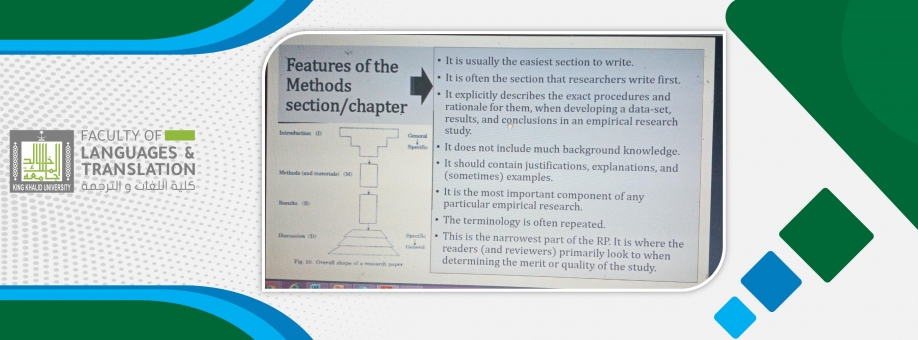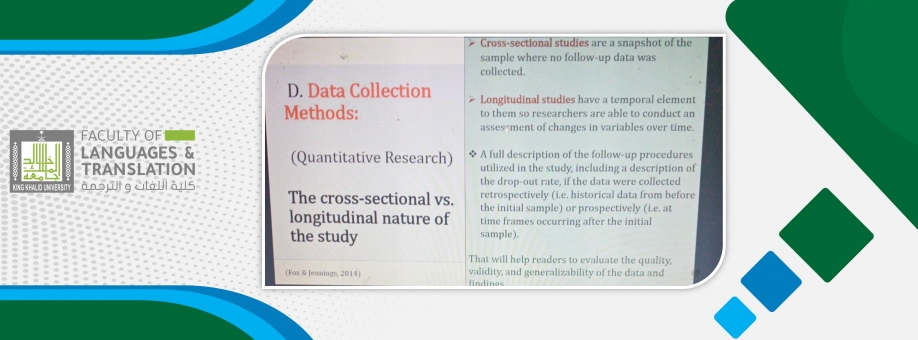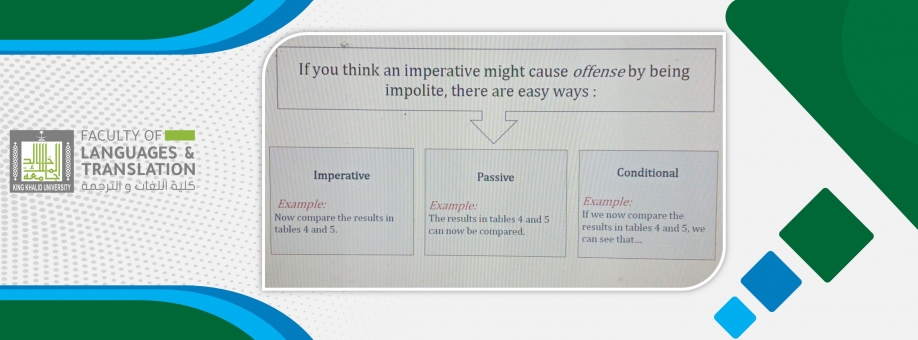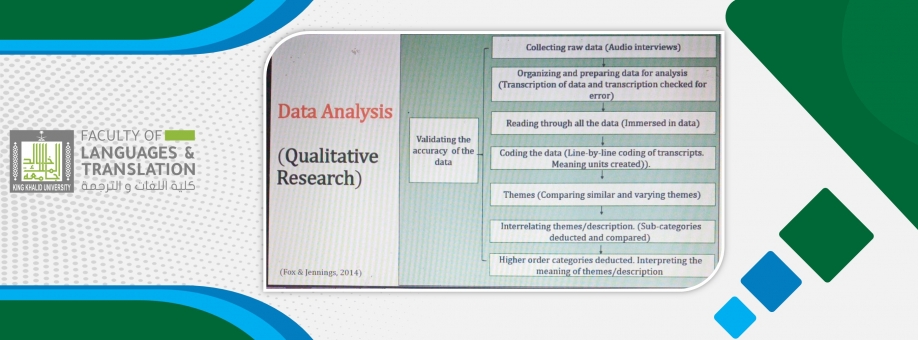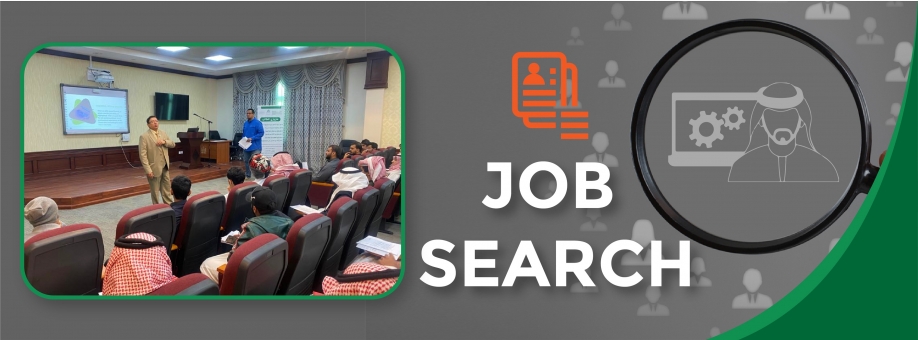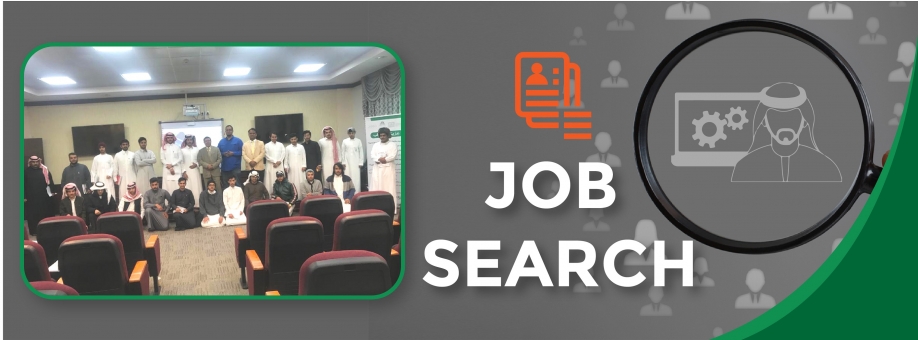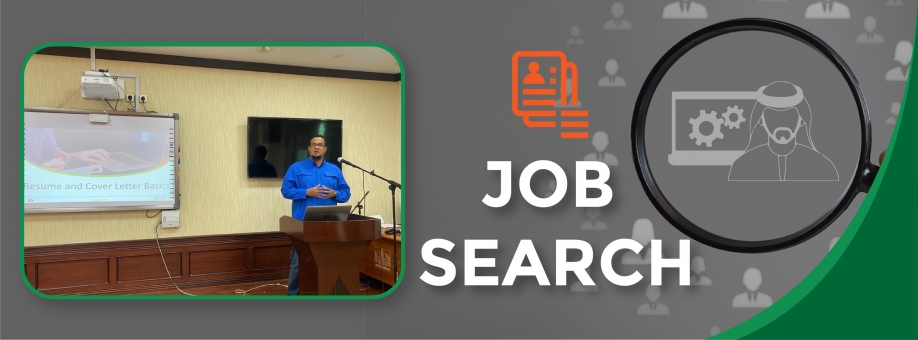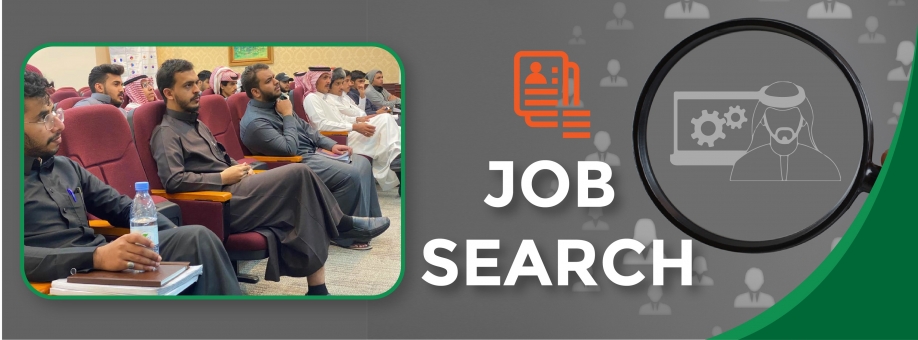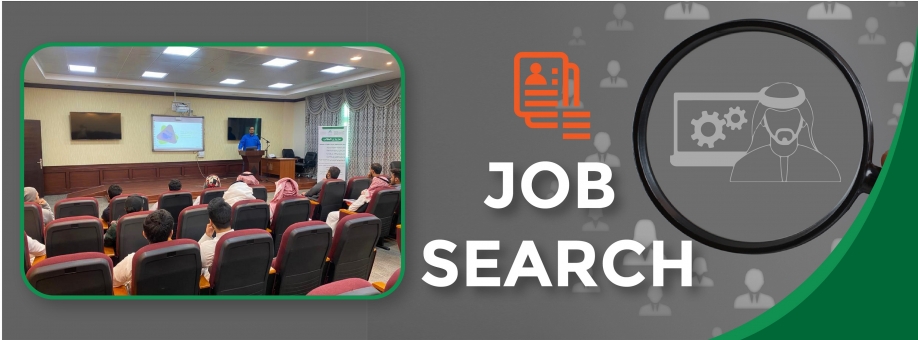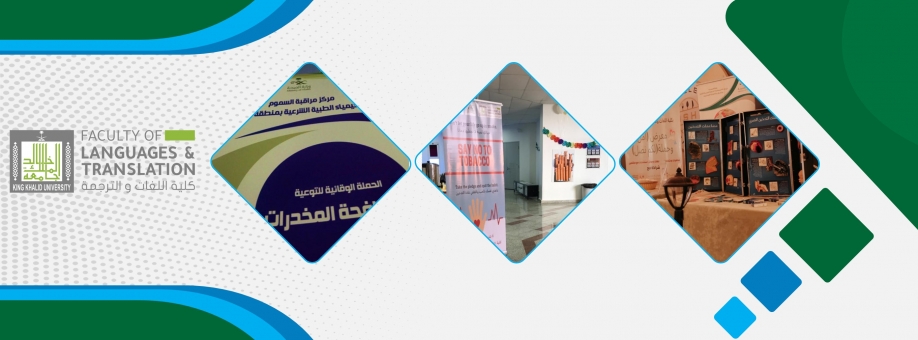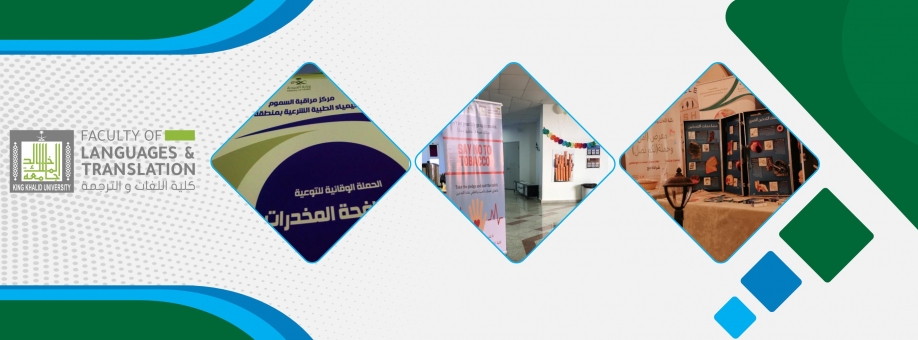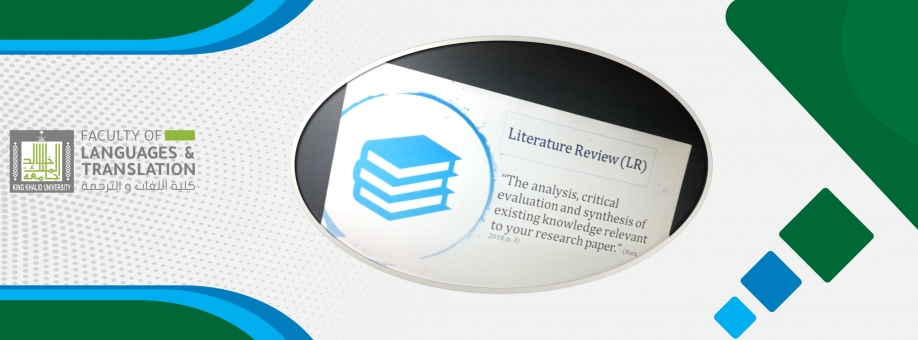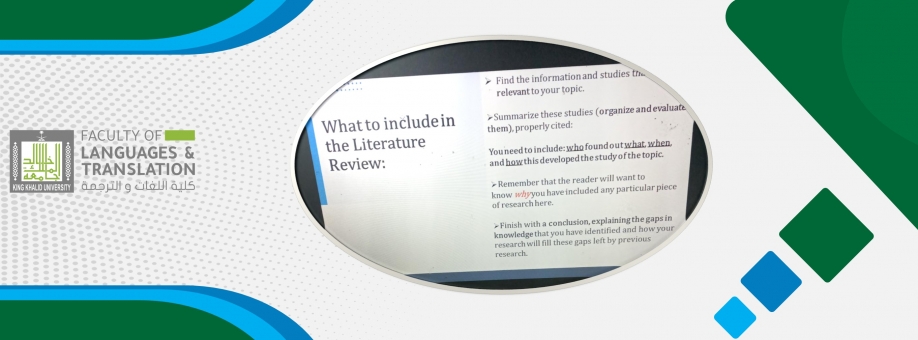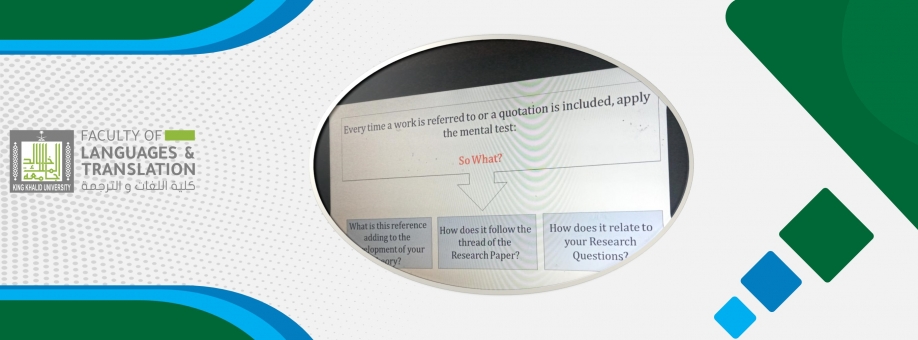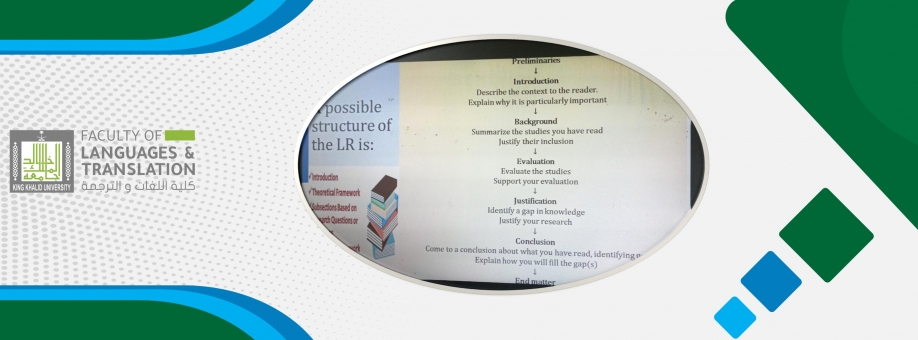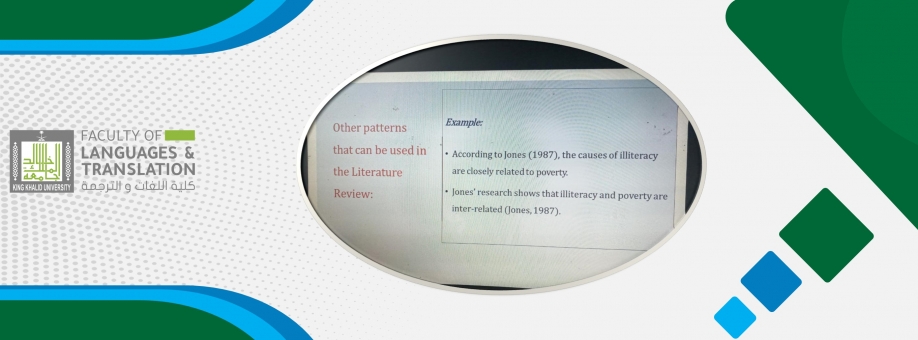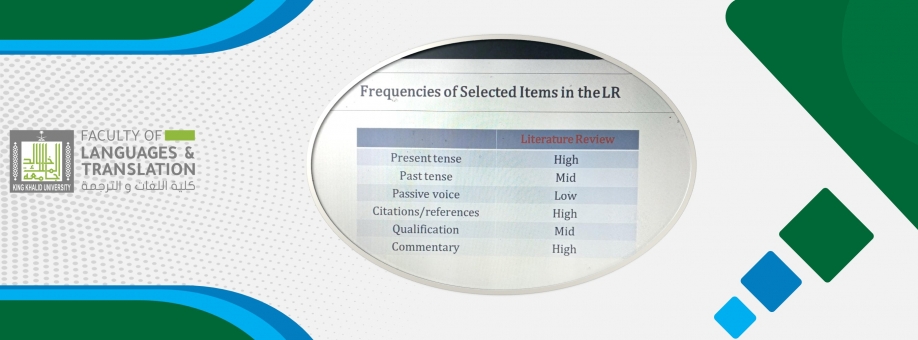Academic Writing Workshop: Methodology
On March 2, 2020, the Women's Scientific Research Committee of the Bachelor of Arts in English program organized the third session of the Academic Writing series of Workshops by Dr. Nada Alqarni, supervisor of the Department of English language.
This workshop was devoted to exploring how researchers should write the methodology section in their research papers. The purpose of the methods section, said Dr. Alqarni, is to accurately and clearly describe the research design and the procedures undertaken to collect and analyze data, and to present the rationale for choosing each for the study. In addition, the methods section should explain in detail how a study was conducted so other researchers may be able to assess the merit of the research and even replicate the study themselves. This section should also highlight the unique features of a given study and show the reader that the research has been carried out appropriately and, therefore, the results can be believed.
Dr. Alqarni indicated that the methodology section has certain features. It explicitly describes the exact procedures and rationale, when developing data-set, results, and conclusions in an empirical research study. It does not include much background knowledge; however, it should contain justifications, explanations, and examples.
"There are four key elements included in the methodology," said Dr. Alqarni. These are: research design, population sample and selection of participants, data collection procedures, and statistical treatment/planned data analysis or analytic procedures. She also referred to the basic methodological concepts, namely; the variables, reliability, validity, and bias and error. She also reviewed the study design, including a description of the study setting and population of interest, as well as a description of the study’s sample or units of evaluation.
Dr. Alqarni explained the data collection methods, including qualitative research, interviews, and observational studies. She then reviewed some examples clarifying the methods of data collection and the language tense and grammatical structures commonly used.
The workshop was attended by students and teaching staff. The workshop ended with questions raised by the participants, which fostered a lively discussion on the topic.
Date: 3/6/2020
Source: Dr. Amal Metwally – Women's Scientific Research Committee Coordinator

